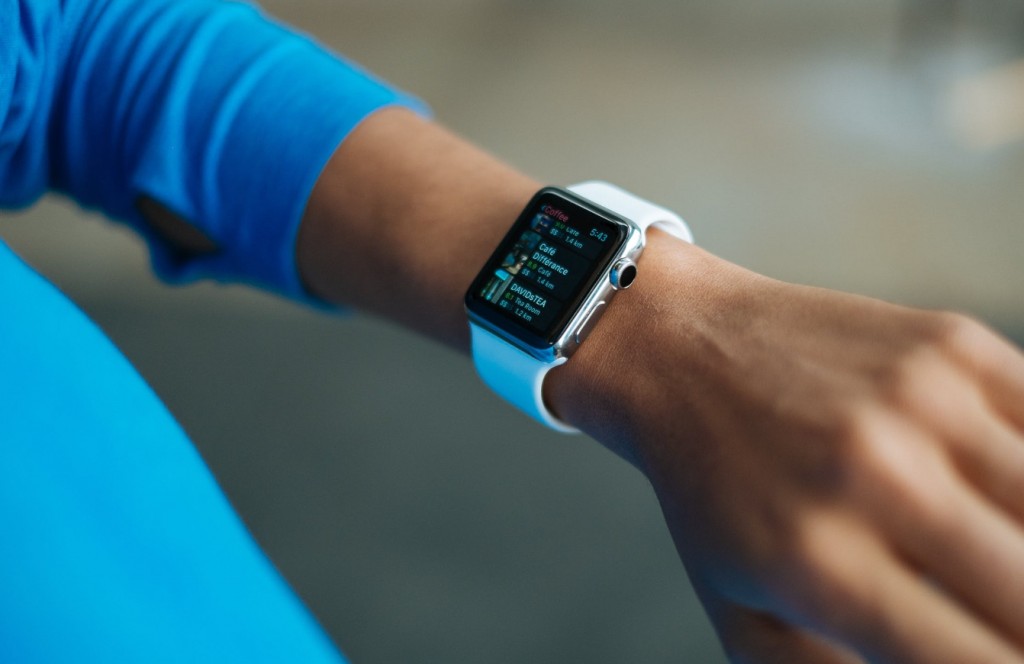Data protection is one of the biggest concerns of today’s businesses that handle personal data of their clients as well as many citizens all across the world that have shared their personal information with any company. With all the Internet websites being so quick to collect data in return for ‘free’ services, people need to be protected against misuse of their fragile personal information. The GDPR is being put to use in May 2018. What changes will it bring?
What does GDPR stand for?
The General Data Protection Regulation that will apply in all European Union member states from 25 May 2018 is undoubtedly the most talked about regulation in the recent years. Because of the fact that it is a regulation and not a directive, countries will not have to draw up new legislation – the regulation will apply automatically to all businesses that process data in the EU. This includes also all the US-based companies that handle EU citizens’ personal data, which not all American businesses are still aware of.
The GDPR will largely impact every Europe-based businesses and companies that deal with their customer’s data on a daily basis. In reality, it means almost all of them. The GDPR will mostly affect the IT sector though, as most of the rules set by the new regulation are surrounding the virtual world and data submitted via the Internet. According to the new law, all controllers and processors of data need to abide by the GDPR. What is the difference between those two parties? While the controller states how and why personal data is processed, the processor is the party doing the actual processing of the data.

If you are interested in further reading about GDPR implementation, please visit https://ins2outs.com/en/know-how-sets/know-how-set-gdpr-general-data-protection-regulation
GDPR implementation and certification guide
With just a few weeks left until the GDPR becomes law, businesses all over Europe are doing everything they can to be compliant with the new regulation. As it is a law, every company needs to abide by the GDPR. It is not, however, required to get certified. There is no actual need to get certified and there are no accredited certification bodies. Companies don’t need to certify, but they have to comply. The implementation process, however, is very important on the road to compliance. It is good to get some advice from GDPR experts and follow their courses on the implementation process. The most important thing is to do an audit of your current data protection systems and cross-check it with the new law. Any changes that need to be done have to be put in place before the new rules come into use.
